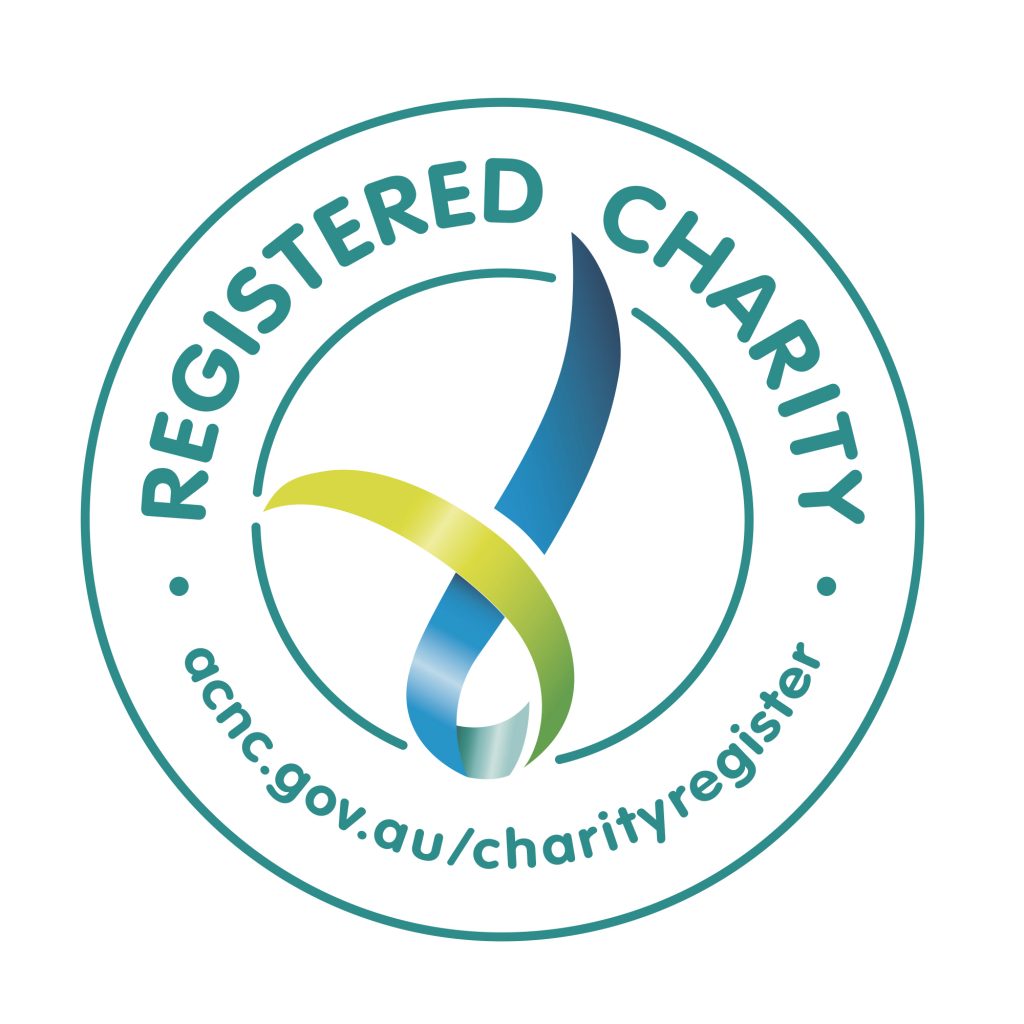Doru Costache presented online a paper for the ANZATS Conference 2021: Theological Ethics (session Theological Anthropology). The conference took place on 5-7 June 2021. The title of the paper was “Beasts, People, and Gods in Clement of Alexandria,” and it was presented during the Theological Anthropology strand of the conference.
Abstract
Perhaps one of the most influential early Christian authors, Clement of Alexandria (d. ca 215) made the challenging claim that humanity shelters three categories of human beings, that is, beasts, people, and gods (Stromateis 7.6). His stance is far from unique, though he must have been the first Christian author to articulate it in this manner. A generation after him, Plotinus mentioned three categories of human beings, of which the highest was the “divine man” (Enneads 5.9). Clement’s gods and Plotinus’ divine people are ethically and spiritually accomplished, the hallmark of their experience being the contemplative aptitude. But perfection is not by design; it is the outcome of a lifelong process of transformation. For Clement, on whose thinking I focus, this process follows three stages, ethics, physics, and divine vision (sometimes this Platonic schema makes room for its Aristotelian variant, where the first two stages appear in the reverse order). I begin by examining the opposite process, which transforms human beings into beasts. Then I consider the process of divine transformation through the three stages. I shall be working within the framework of Bogdan G. Bucur’s study, ‘Hierarchy, Eldership, Isangelia’ (2015). It is against this backdrop that I intend to elucidate Clement’s views of what makes a human being.
8 June 2021 © AIOCS
AIOCS LTD is a not-for-profit charitable organisation that promotes the study of Orthodox Christianity, Eastern and Oriental, in Australia
For donations, please go to https://www.paypal.com/paypalme/aiocsnet or contact us at info@aiocs.net

